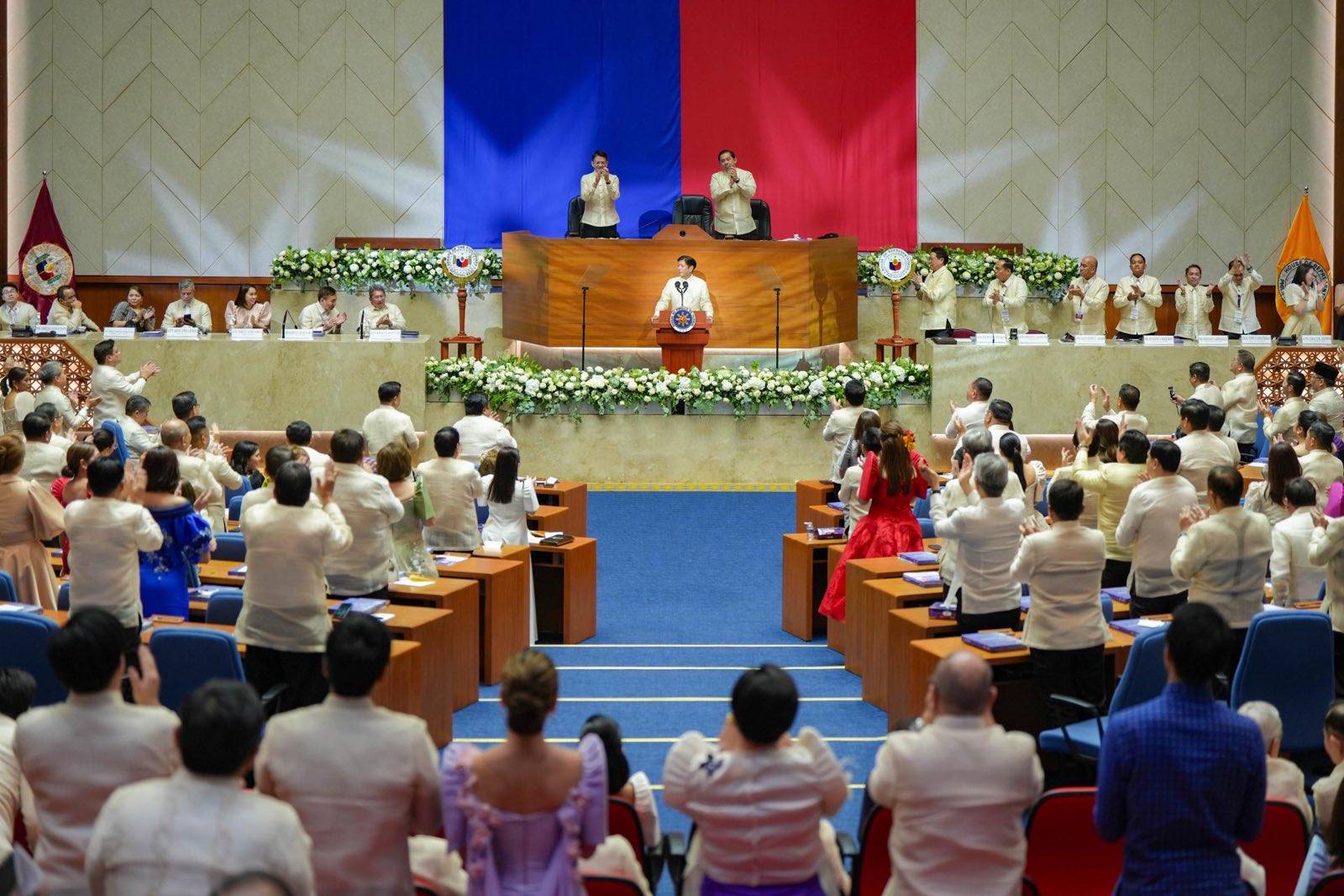Of the numerous promises and commitments made by President Ferdinand "Bongbong" Marcos, Jr. in his third State of the Nation Address (SONA) last July 22, what stands out for consumers and business alike are the educational reforms or overhauling the EPIRA law, which has caused our electric and power generation costs to be the most expensive in the Southeast Asian region, next only to Singapore.
He asked Congress to study the EPIRA (Electric Power Industry Reform Act of 2001) to address the persistently high electricity rates in the Philippines, a persistent challenge for the business community and a “significant” burden to the public.
He enumerated several government initiatives to alleviate electricity costs that include: Lifeline Rate Program– which offers subsidies to low-income households consuming below 100 kwh per month; the Anti-Bill Shock Lending Program– a short-term loan facility for distribution utilities and electric coops and the suspension of the Wholesale Electricity Spot Market (WESM) during red alerts in Luzon and Visayas grids.
Others include the suspension of the Feed-in-Tariff Allowance (FIT-All) and the franchising fee collection in electricity bills, as well as consumer refunds.
“We understand that electricity prices in the country are high. We are committed to expanding power infrastructure to reduce these costs over time, while also ensuring fair billing for consumers,” Marcos added.
A recent study by the Ateneo Center for Economic Research and Development indicated that as of December 2021, electricity prices in the Philippines were among the highest in Southeast Asia at USD 0.16 per kilowatt-hour, second only to Singapore’s USD 0.18 per kWh.
The Philippines’ rates exceed those of Thailand and Indonesia, which are $0.10 per kWh, and Malaysia, at $0.05 per kWh.
Education reforms
Another good news, at least for a business-dominated non-profit Philippine Business for Education (PBEd) are plans to enhance education quality, increased budget allocations for education, addressing the digital divide, supporting teachers’ welfare, promoting innovation in learning and expanding opportunities through Technical Vocational Education and Training.
PBEd lauded these commitments as pivotal for leveraging the potential of Filipinos and fostering inclusive development as it expressed support for the President’s policy agenda, which prioritizes investment in nutrition, health, education, and training.
The group recommended former Senator Sonny Angara, among other candidates, to head the DepEd.
“We are eager to collaborate with the administration on these essential areas to push forward long-term education reforms. Despite ongoing challenges within the education system, we are dedicated to partnering with the government to meet learner needs, improve workforce readiness, and drive sustainable economic growth,” PBEd said.
The organization also anticipates increased education spending and improved inter-agency coordination with the proposed cabinet cluster on education.
For civil servants, the President promised to increase the salaries and provide medical support– maybe through HMOs– for the public sector workers. This of course was applauded by the civil servants in the halls of Congress and those in government offices.
POGO ban
But the most dramatic was the President’s pronouncement to end all the operations of POGOs by the end of 2024, calling it as the cause of all the country’s problems and crimes.
“Effective today, all POGOs are banned,” the President said to the delight of lawmakers and guests who gave the President resounding applause and a standing ovation, the Presidential Communications Office reported.
President Marcos ordered the Philippine Amusement and Gaming Corporation (PAGCOR) “to wind down and cease the operations of POGOs by the end of the year.”
He also directed the Department of Labor and Employment (DOLE), in coordination with economic managers, to find new jobs for Filipino POGO workers who will be affected by its closure.
“At ngayon po, naririnig po namin ang malakas na sigaw ng taumbayan laban sa mga POGO,” Marcos said.
“Disguising as legitimate entities, their operations have ventured into illicit areas furthest from gaming such as financial scamming, money laundering, prostitution, human trafficking, kidnapping, brutal torture, even murder,” he added.
Marcos said banning all POGOs will solve many problems the Philippines is encountering.
“It will solve many of the problems that we have been encountering, but it will not solve all of them,” the President said.
#WeTakeAStand #OpinYon #OpinYonNews #SONA2024 #PBBM

